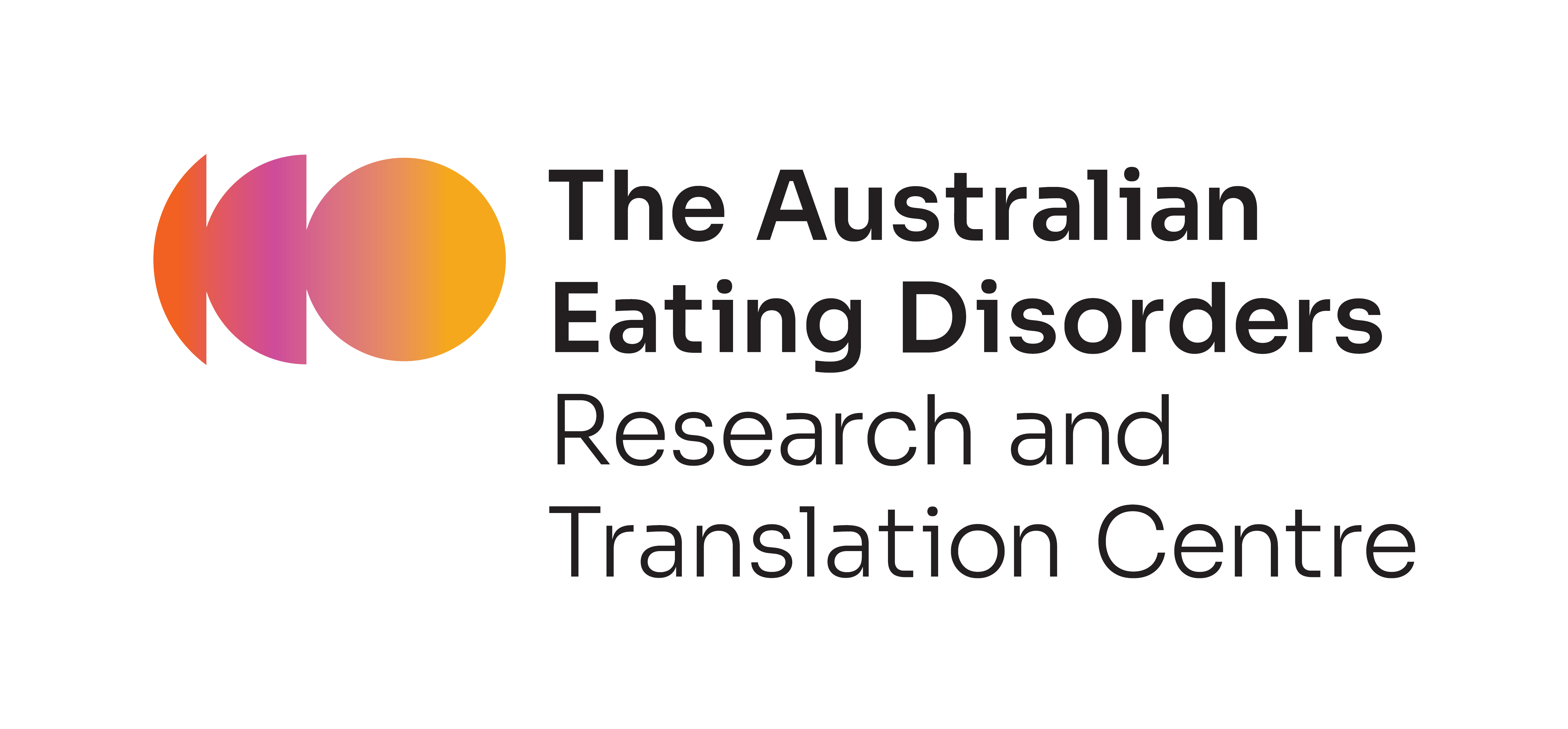TranslatED
Funding bright research and translation ideas for eating disorders
01
The Role of a Dietitian in Eating Disorder Treatment from Lived Experience Perspectives
Ms. Yive Yang
Western Sydney University
02
Psilocybin-assisted psychotherapy for body image disturbance - an embodied solution to an embodied problem
Ms Claire Finkelstein
Swinburne University of Technology
03
Development of a Compassion-Focused Intervention for Caregivers of Young People with an Eating Disorder
Ms. Paige Davis
Swinburne University of Technology
04
Conceptualising, Assessing, and Treating Disordered Eating in Elite Athletes
Mr. Scott Fatt
Translational Health Research Institute, Western Sydney University
05
The Assessment of Cognitive Functioning in Eating Disorders
Ms. Emily Colton
Monash University, School of Psychological Sciences
06
AN-4 is a clinical trial for people with anorexia nervosa (AN), atypical AN and AN in partial remission
Dr Romi Goldschlager
Li THRED, HER Centre Australia, Monash University & MAPrc, Alfred Hospital
07
Understanding and treating co-existing eating disorders and trauma
Ms. Irina Moroshko
The Body Image, Eating and Weight Clinical Research Team (BEWT), La Trobe University
